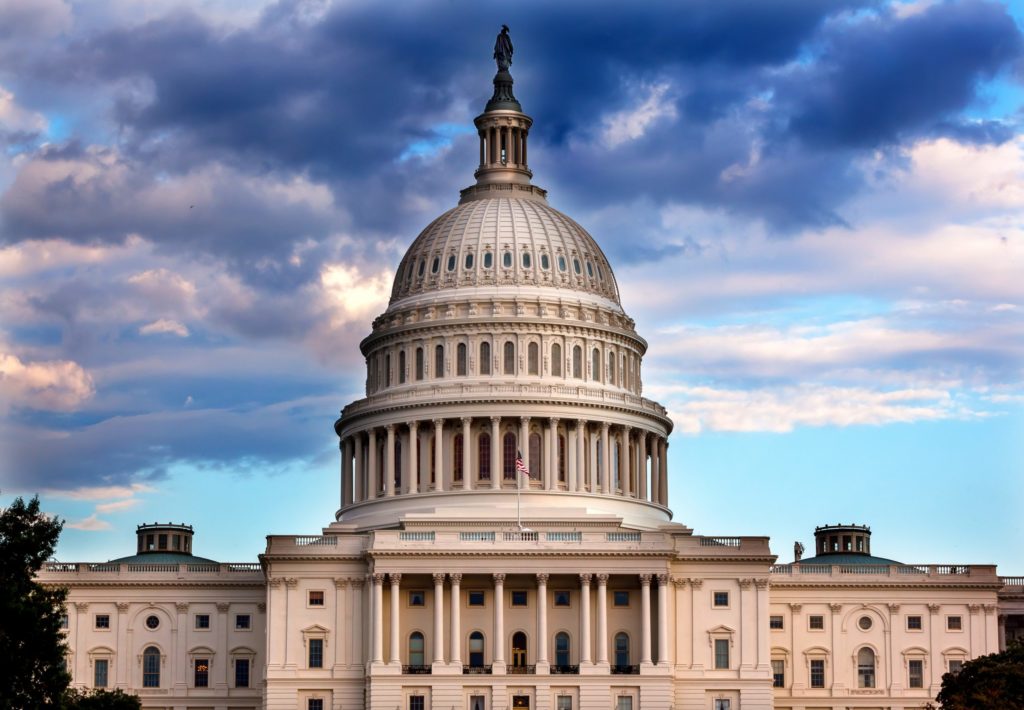Tried and Not-So-True: the Rise of Hipster Antitrust
WASHINGTON (Jan. 31, 2022) —What’s old may become new again in antitrust law as Americans continue to debate, as they have for more than a century, how to use these laws in practice. The resurgence of the populist antitrust movement is one such debate, marked by a belief that the government should regulate the marketplace itself as well as large companies simply because “big is bad.”
This movement is embodied by misguided legislative proposals in the House and Senate aimed at punishing technology companies (“Big Tech”) by giving the government more tools to regulate a sector of the economy. While the digital sector needs to laser-focus on strengthening and prioritizing user privacy and security and address censorship in content moderation, these problems are independent of the structure of the market overall. Congress is using the wrong tool for the job.
The good news is America has been down this road before and we can learn from our past mistakes. In a new policy study, R Street Institute Director of Technology and Innovation Wayne Brough dives into past antitrust standards that these proposed bills want to return to. He highlights the ample historic evidence of the harms of past antitrust enforcement that were not guided by strengthening competition for the benefits of consumers.
“A brief examination of antitrust history in the United States suggests there is little evidence that regulating the market structure itself would improve economic outcomes. What it will do is expand government oversight and regulation in a critical sector of the economy, weakening innovation and leaving it open to political abuse,” said Brough. “Present day reformers are going backwards.”
Brough further cautions that there is a lack of economic analysis on the cost and benefits of the current antitrust push. He warns that would-be reformers should avoid laws that would return to a more nebulous and political antitrust standard ripe for misuse depending upon who is in power. Instead, lawmakers should focus on how best to reform and strengthen competitive markets, such as lowering barriers to entry for new competitors, reducing burdensome regulations and holding actual lawbreakers accountable, rather than trying to punish entire industries.
While efficient regulation is always difficult, there is little to no evidence that overhauling antitrust laws and deviating from the consumer welfare standard would yield outcomes superior to the status quo.
Other key findings:
-
Reformers want to establish a more prominent role of government in the economy, equipping regulators with the power to proscribe certain activities or behaviors by firms that fit into arbitrarily designed categories.
-
Many proposed reforms harken back to prior antitrust practices that were inconsistent, contradictory and economically fallacious.
-
Legislation recently introduced in Congress and current work produced by the Federal Trade Commission and the Department of Justice offers no new empirical evidence demonstrating consumer harms requiring redress.
-
Permissionless innovation has been a driving force in the U.S. economy, allowing firms the flexibility to adapt to the rapid pace of change that defines the technology economy. For consumers, permissionless innovation has resulted in a market characterized by falling (or even zero) prices, expanding output and increasing quality. This may not be possible within an antitrust framework that attempts to define and enforce a designated optimal market structure or level of competition.
-
Technology companies and Congress need to address issues of user privacy, security, data breaches and censorship in content moderation. But the tools of antitrust are ill-suited for the task.
Read the full study here.









